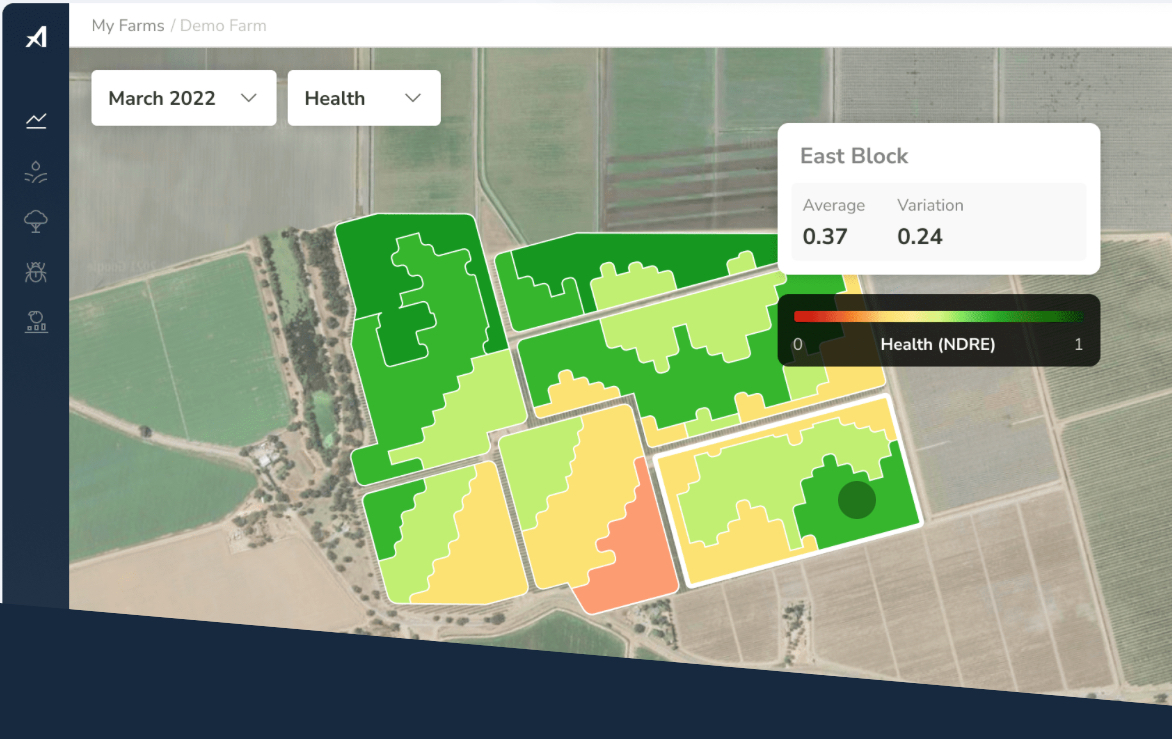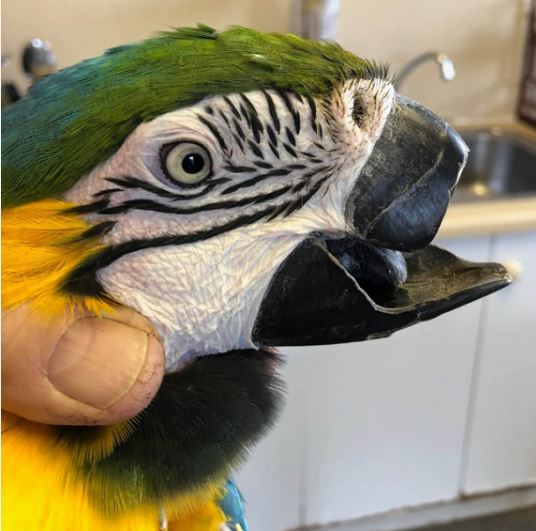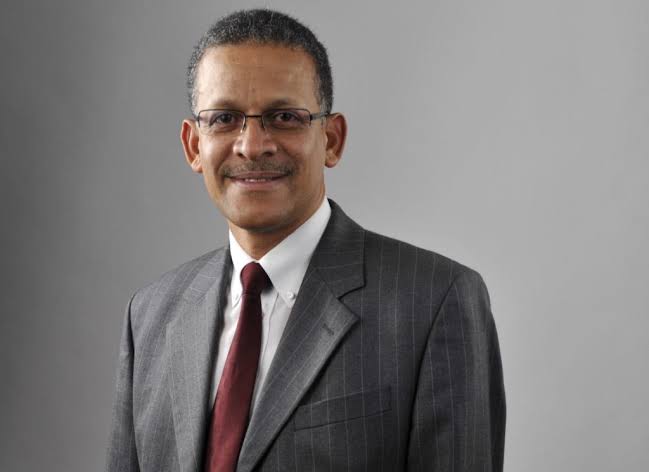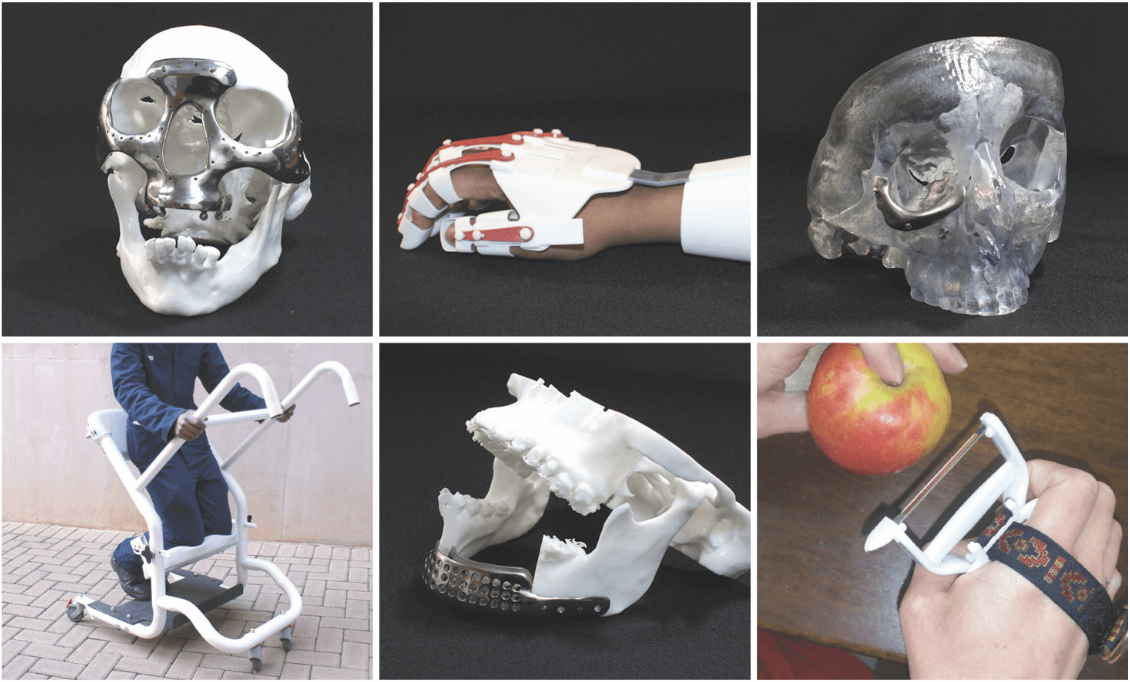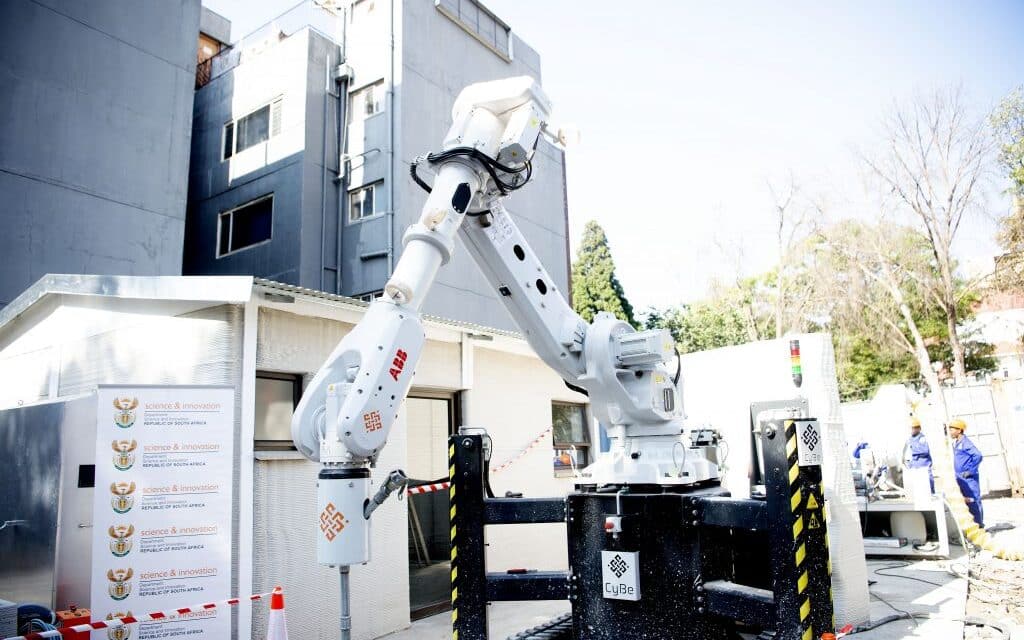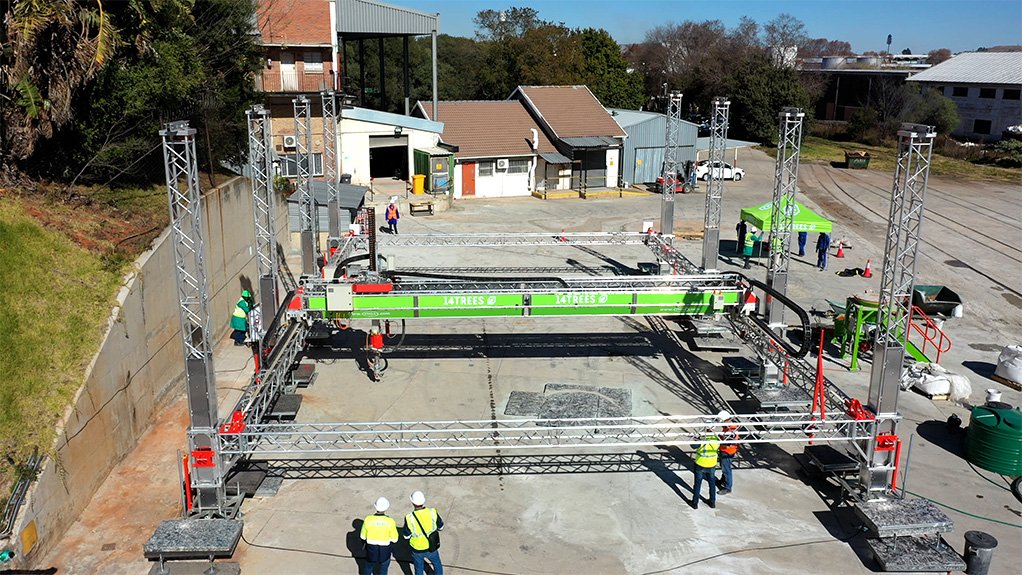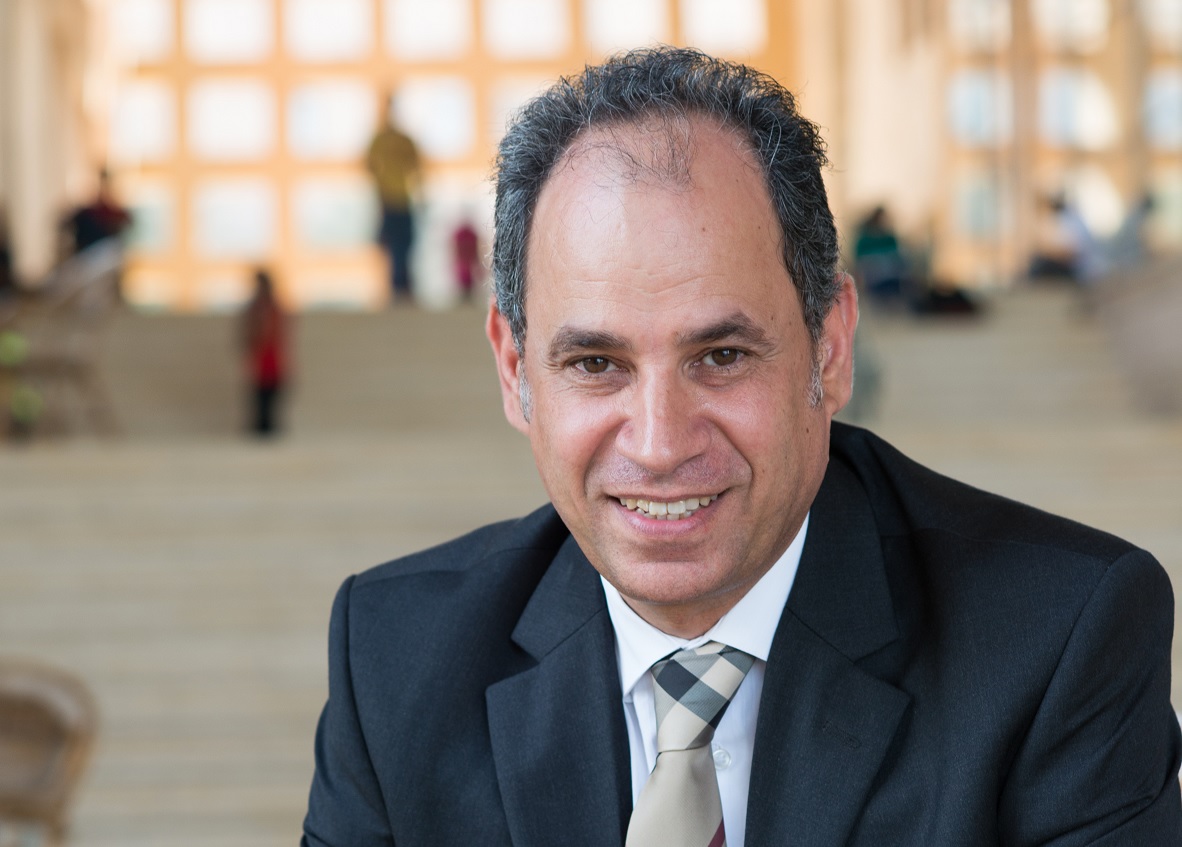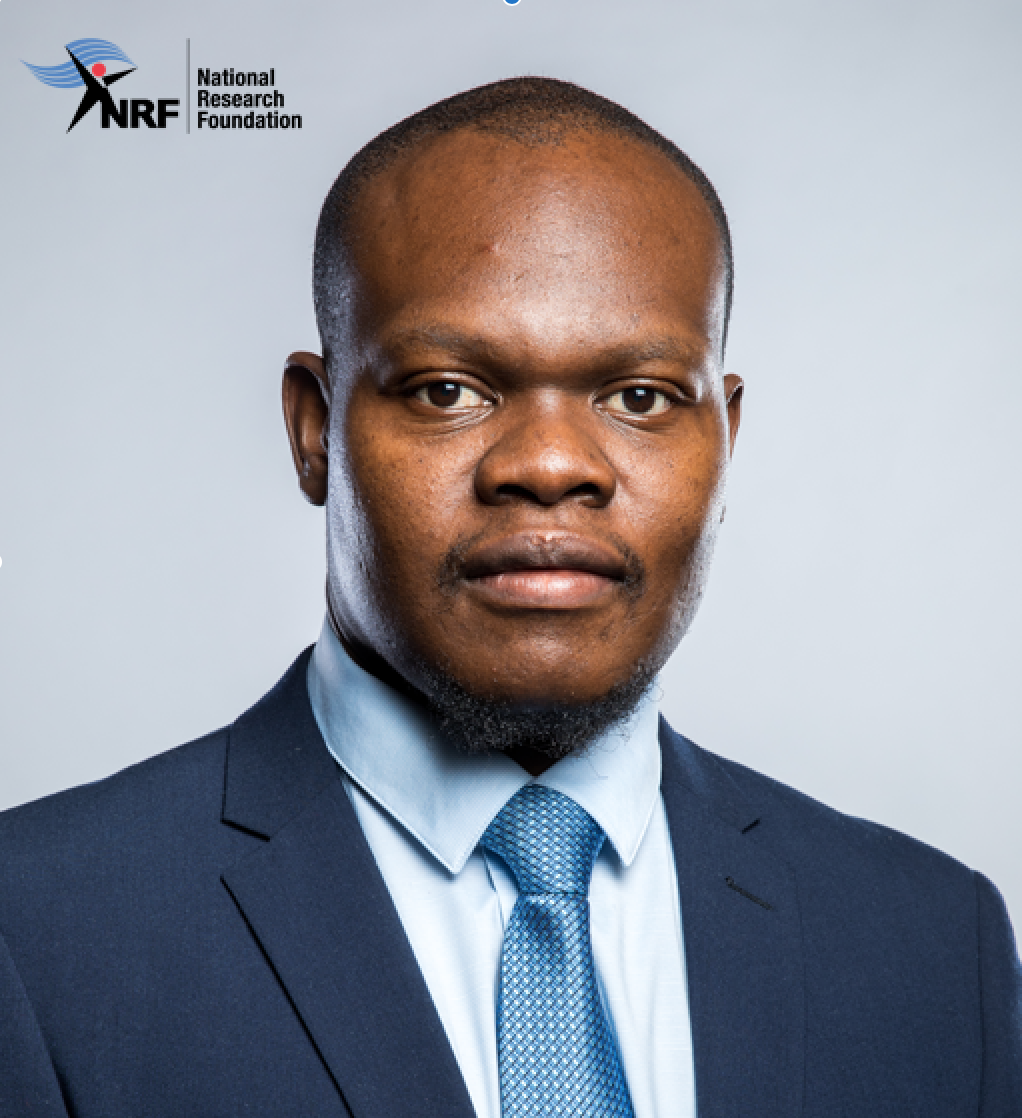AfricaLive Backs Calls To Invest In African Science
Key Points
- Investing in African science can solve local challenges and prevent brain drain
- DELTAS Africa supports Africa-led research consortia to boost innovation
- The program engages communities to define priorities and build research capacity
Accelerating African Science Investment to Tackle Local Challenges
Increasing investment in African science research can equip the continent to solve local challenges and prevent the exodus of talent, says Thomas Kariuki of the Science for Africa (SFA) Foundation.
Funding Crucial to Boost Research
“The continent is still stuck in some place where we feel strongly that science and innovation can address those challenges,” Kariuki tells SciDev.Net.
While collaboration has increased African research output, overall levels remain low. Adequate funding is key to drive science innovation addressing infectious diseases, food insecurity and other issues, he emphasizes.
Supporting Africa-Led Research
“As a pan-African organisation, the SFA Foundation wanted to make sure we are not leaving some people behind so we can together fast-track Africa’s growth, as well as create an enabling environment for scientists to work and thrive,” Kariuki explains.
The SFA’s DELTAS Africa program promotes Africa-led research consortia to strengthen institutions and develop scientific leaders.
Engaging Local Communities
“The first thing we emphasise to the scientists is the need to go into the communities. The communities themselves know best where the challenges are,” Kariuki states.
This grassroots engagement allows research to be targeted for true impact.

